
Audiotent Tip 420 // Using delay as a reverbThis technique can be used to add a sense of space to the synth sounds. Here is a dry synth pluck we are using as an example:First, lets insert a delay. ...
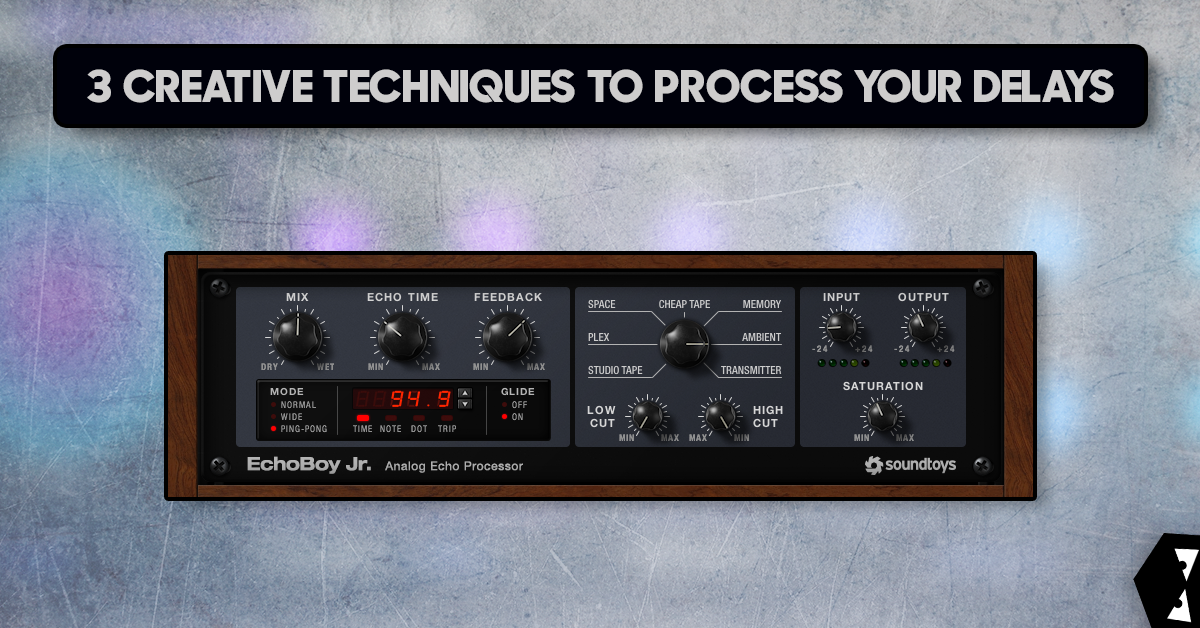
3 Creative Techniques To Process Your Delays
Audiotent Tip 416. 3 Creative Techniques To Process Your Delays.If using a stock delay plugin doesn’t satisfy your needs, try adding some additional processing to spice things up. 1) Saturation. I...
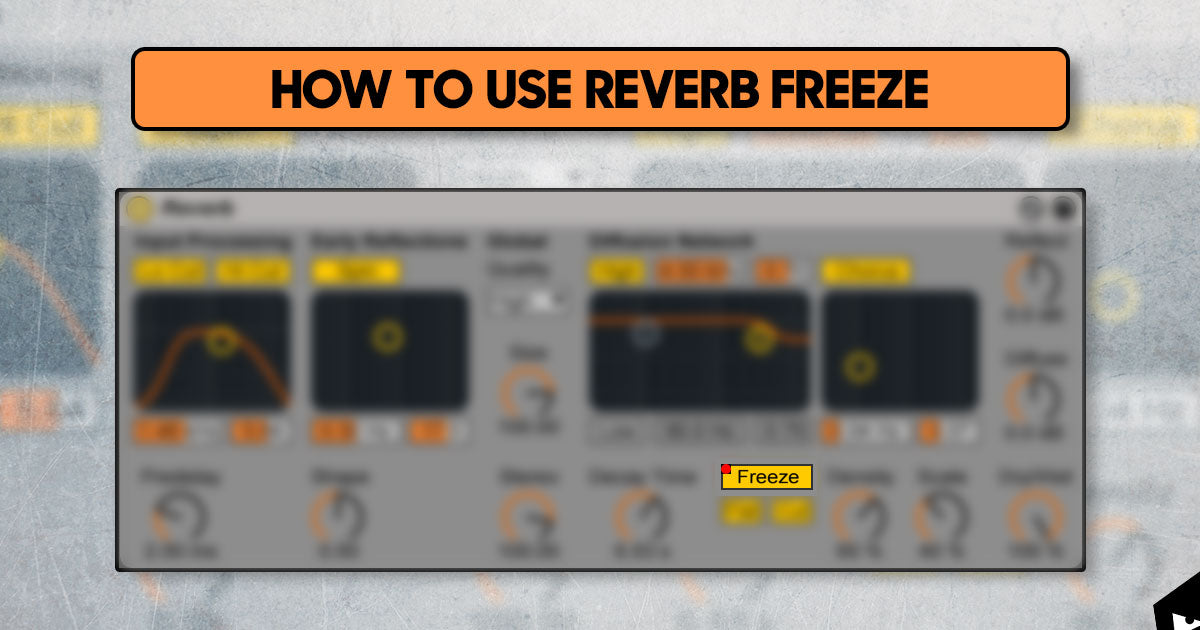
How to use reverb freeze to create atmospheric soundscapes
Audiotent Tip 413. How to use reverb freeze to create atmospheric soundscapes. When creating a new track, have you ever got to the stage where you think you have enough elements, but you still feel...
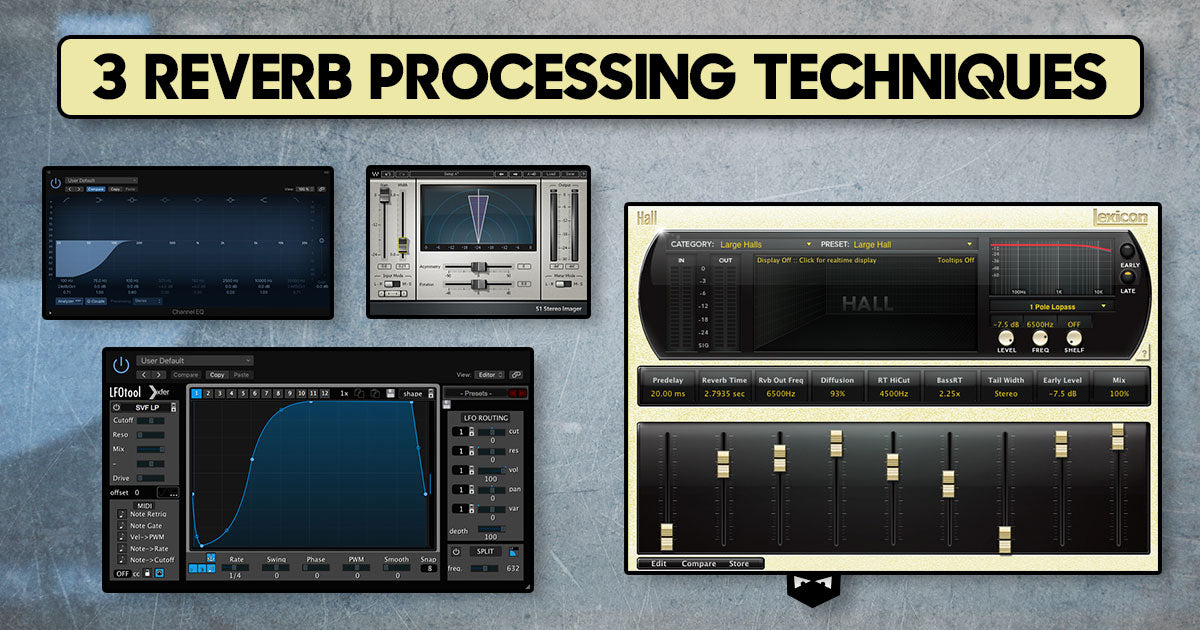
3 Reverb Processing Techniques
Audiotent Tip 402. 3 Reverb Processing Techniques.Here are three tricks to fine-tune your reverb and make it sit in the mix:1) Cut the low end.In some situations, the low end coming from a reverb i...

Audiotent Tip 368. Reverb Limitation.There are countless reverb plugins available at our disposal today. With all this choice we often tend to use too many different reverb algorithms for a single ...
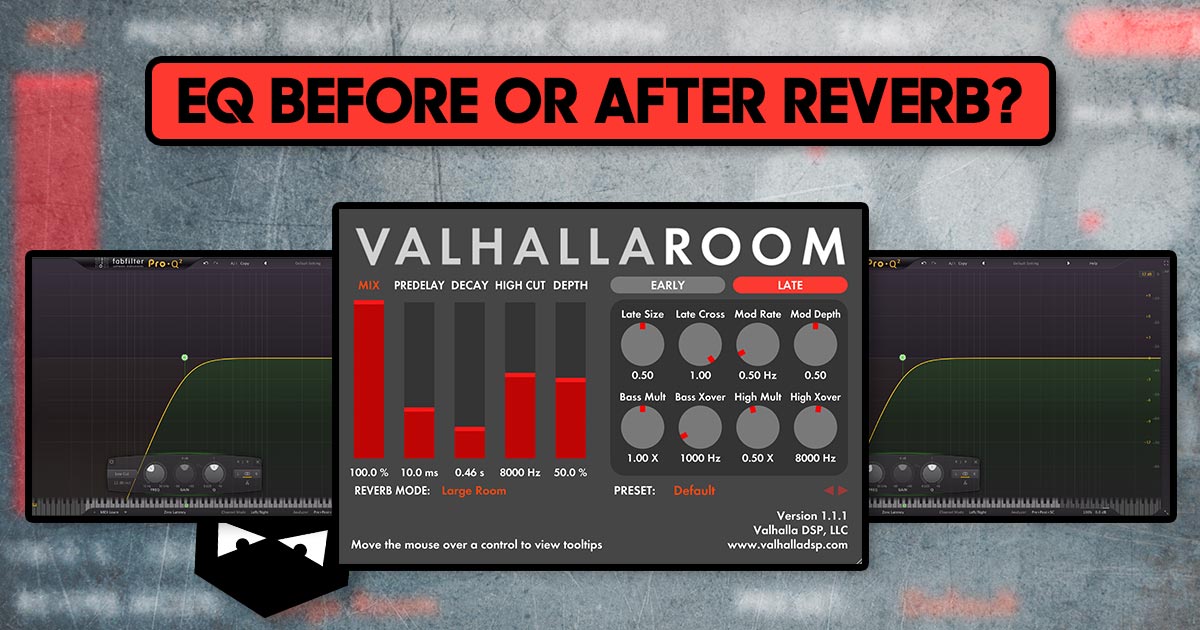
Audiotent Tip 344. EQ Before or After Reverb? Shaping and controlling the frequencies of your reverb is a vital mixing decision.For example, when applying reverb to your bass you will want to make ...
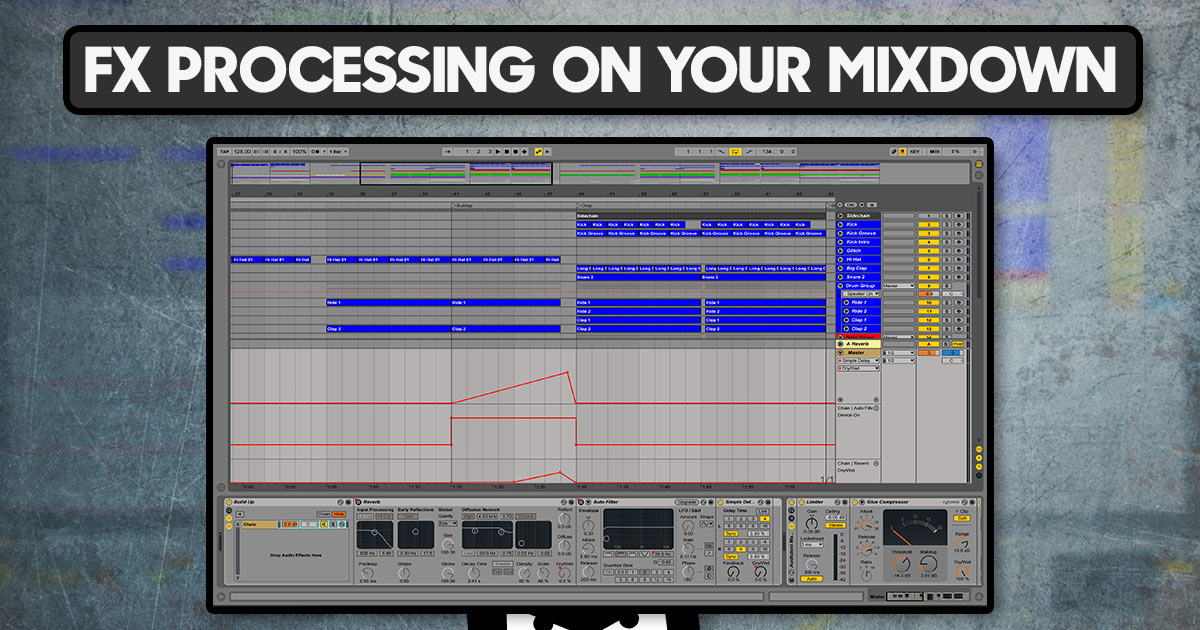
Audiotent Tip 319. FX processing on your mixdown.There are multiple ways to create transitions between different parts of your track. The most common are adding a tom/snare fill, or muting some aud...
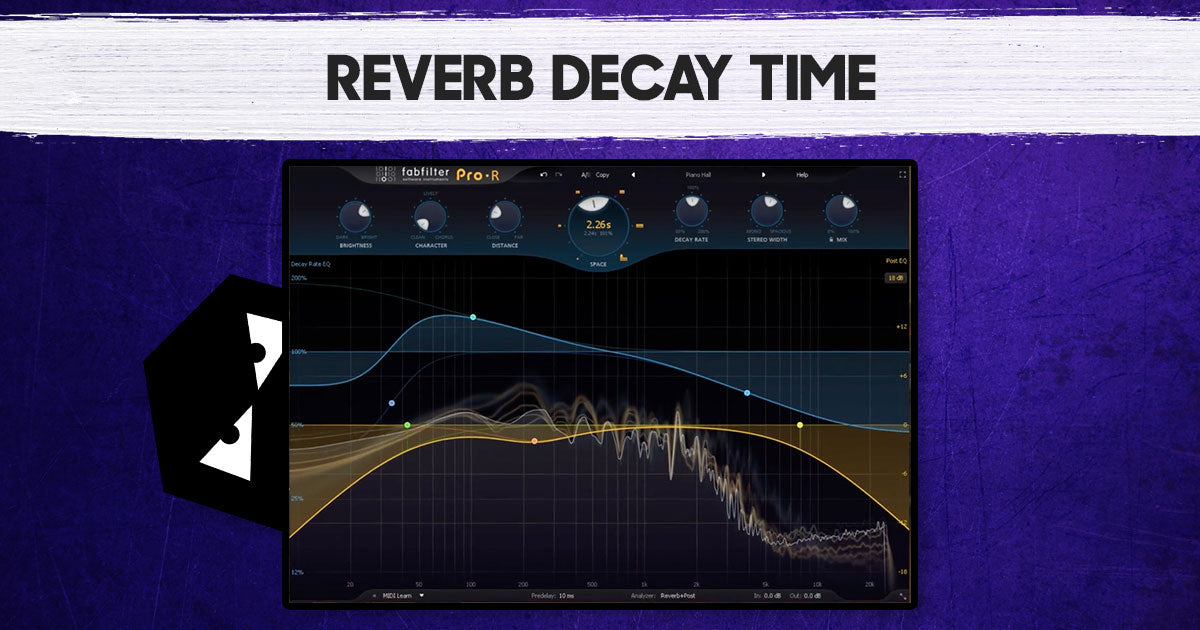
Audiotent Tip 313. Reverb Decay Time.Shaping the decay time of your reverb can be very useful to position your sound in the mix.There are quite a few plugins on the market today that allow you to h...
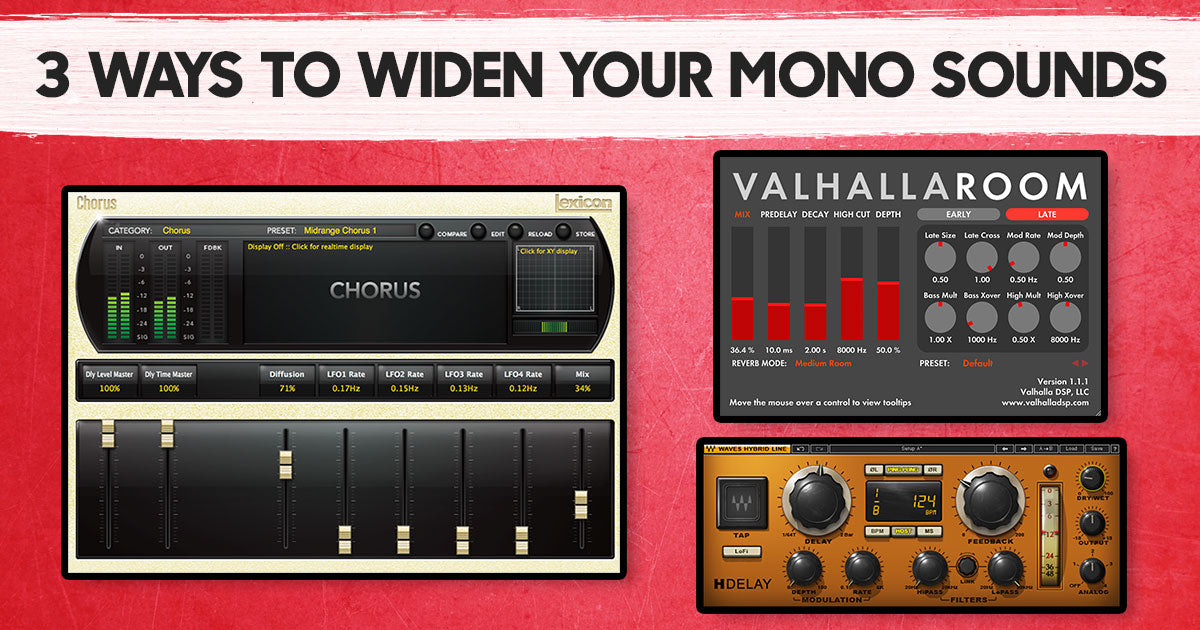
3 Ways to widen your mono sounds
AudiotentTip 312. 3 Ways to widen your mono sounds.CHORUS. Try applying a stereo chorus, it will add some depth and dimension to your sound.PING-PONG DELAY. Another great tool to add width to the i...
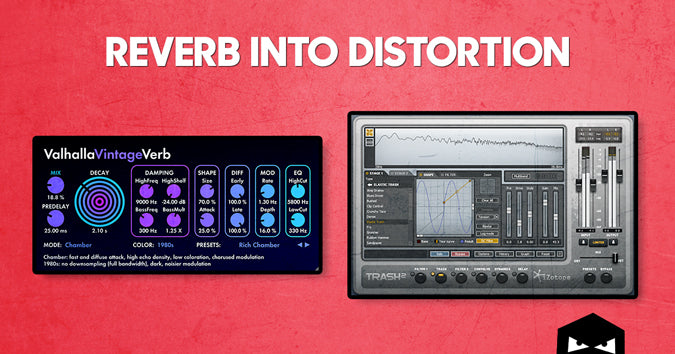
#AudiotentTip 271. Reverb into Distortion.The most common placement for your reverb plugin is at the end of the processing chain. Adding reverb at the start of the chain and feeding it into distort...
